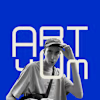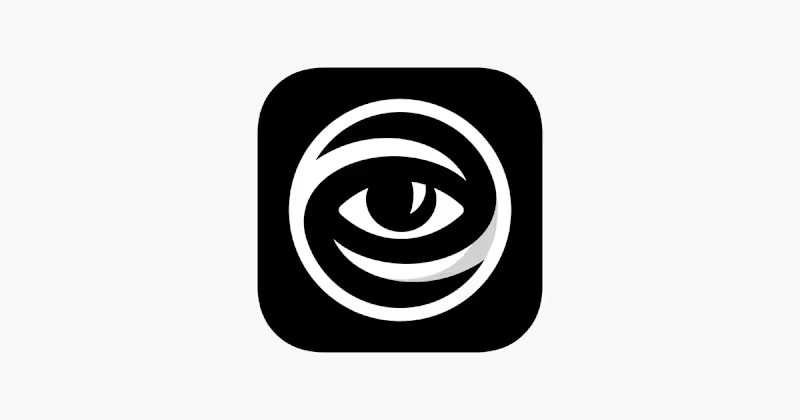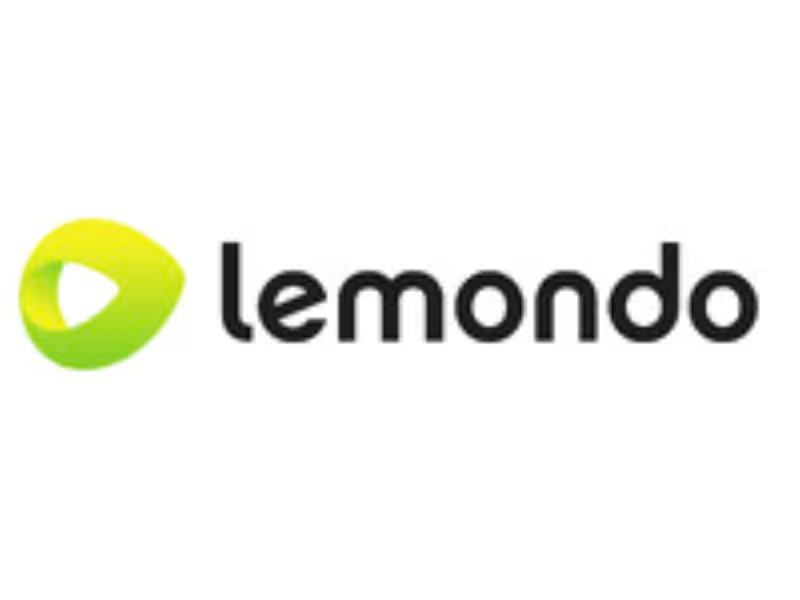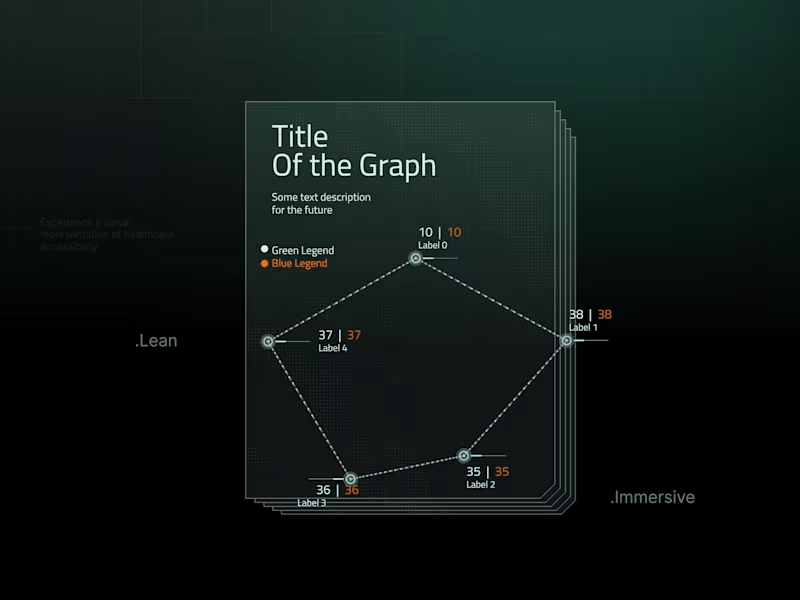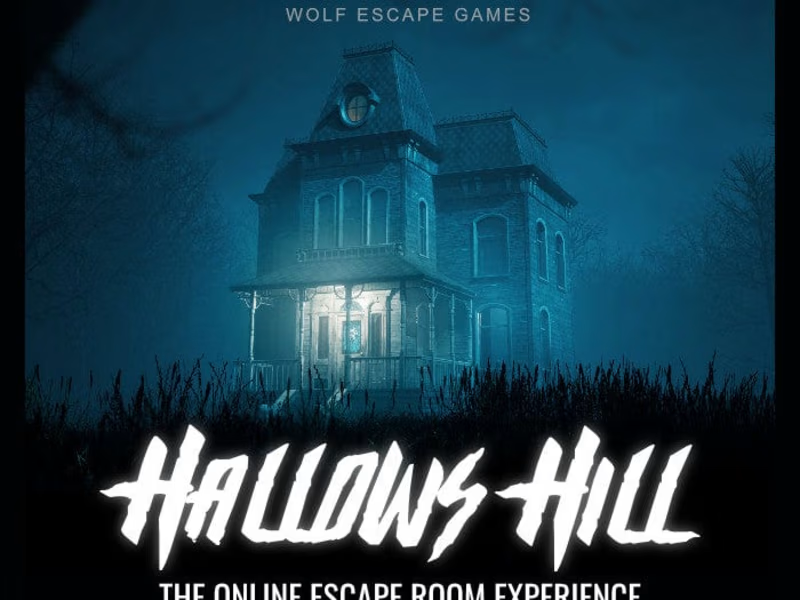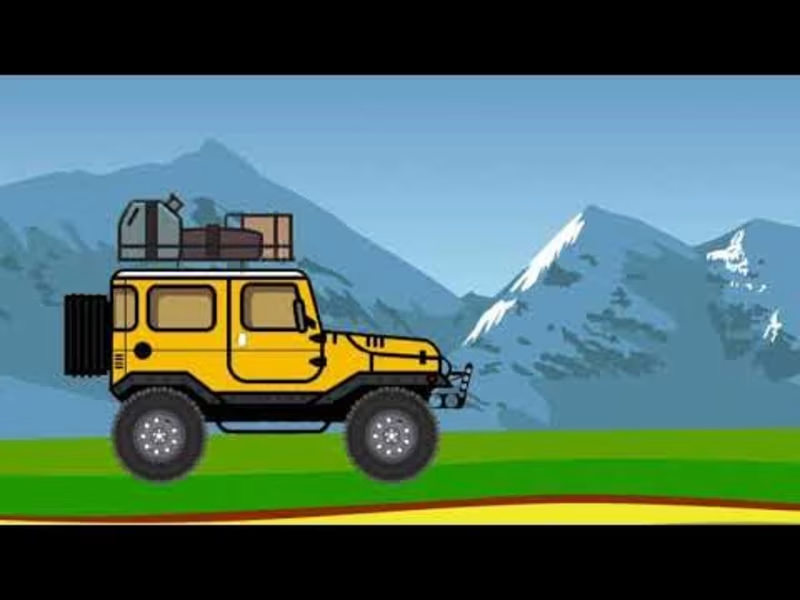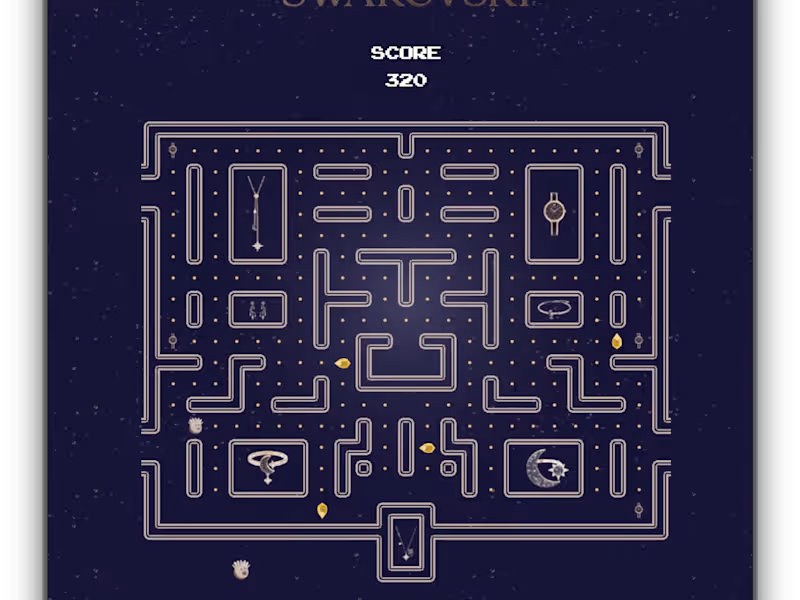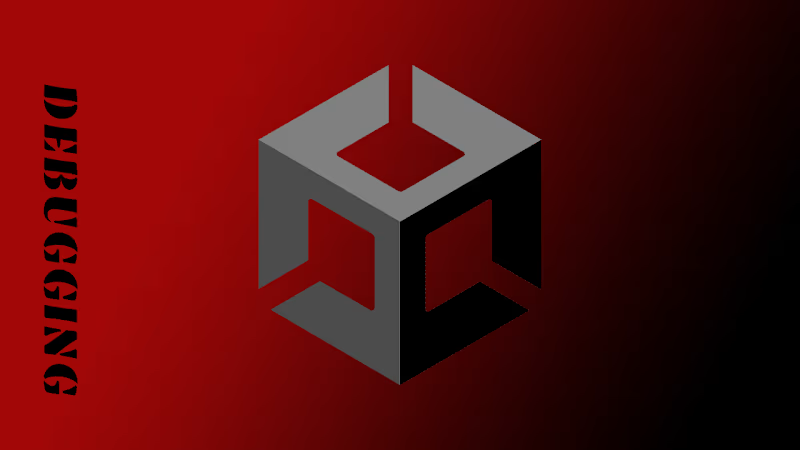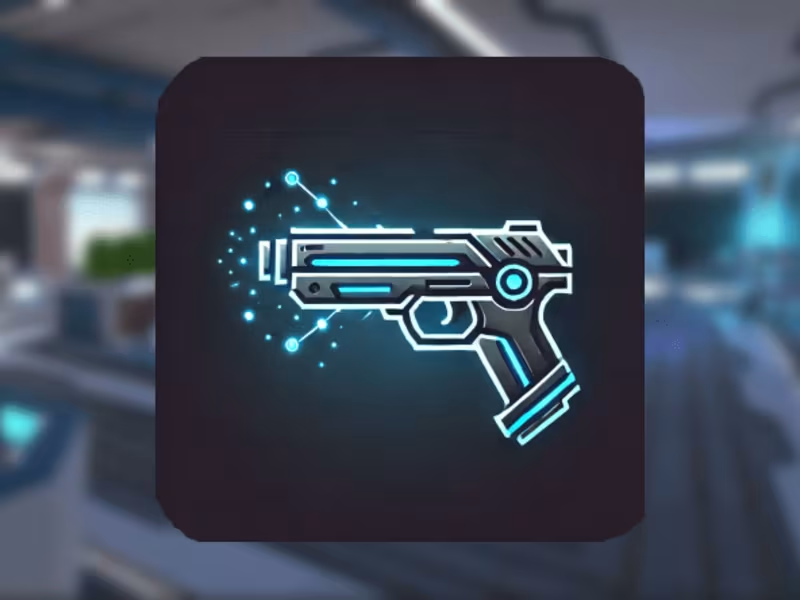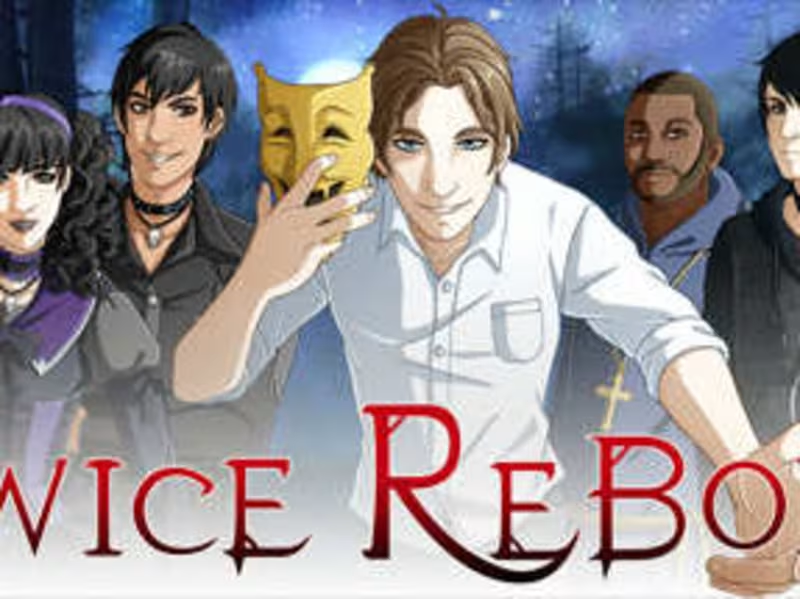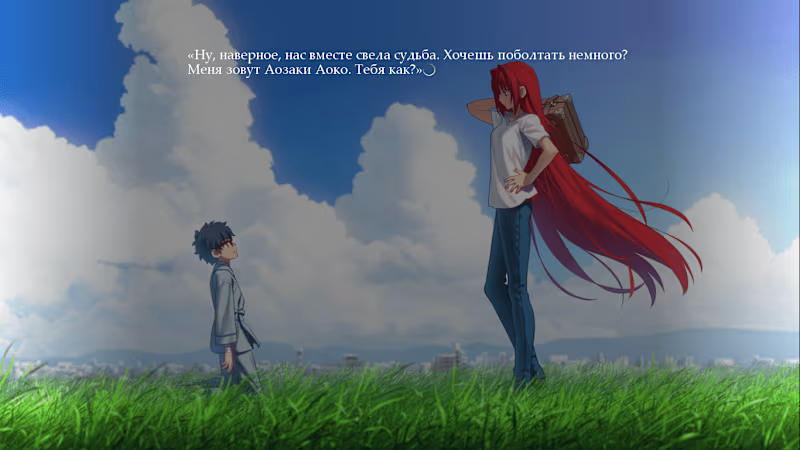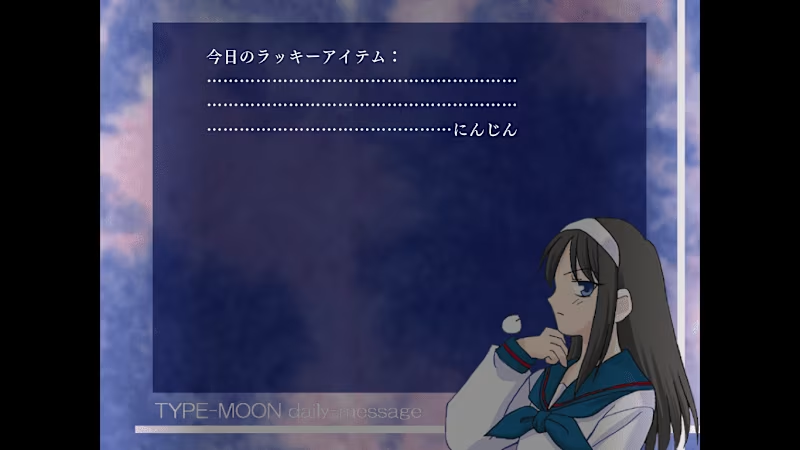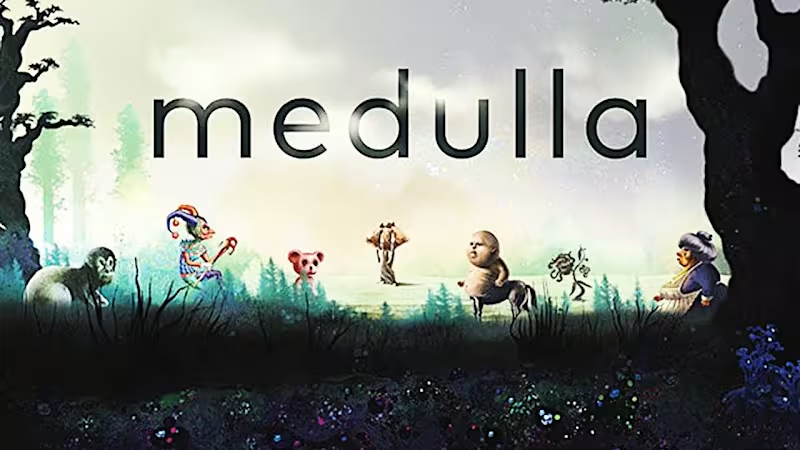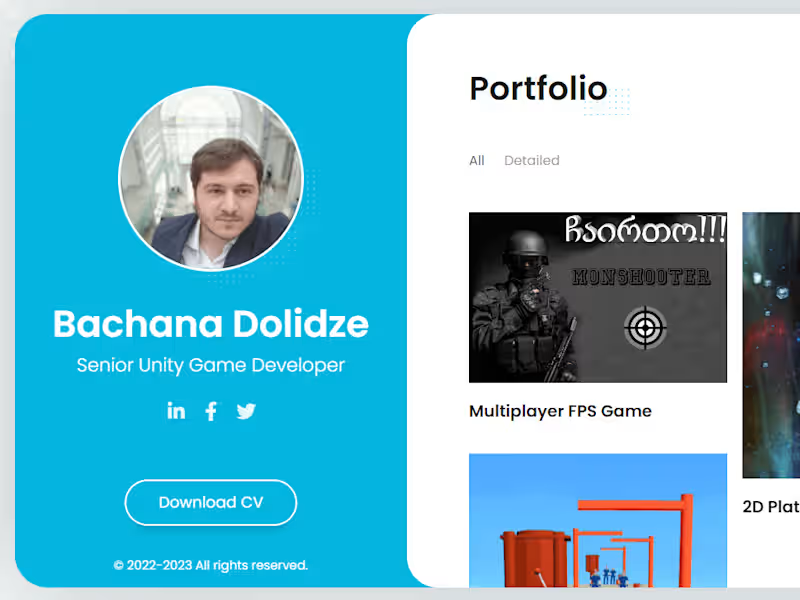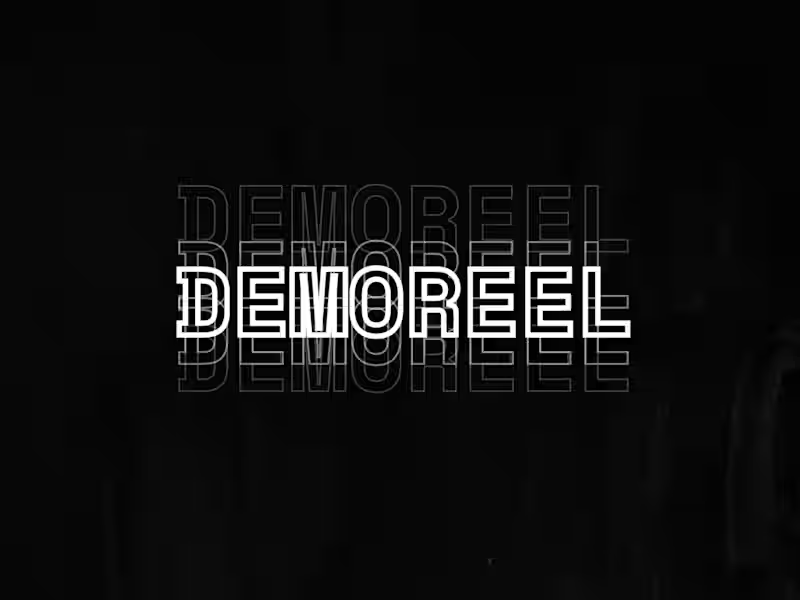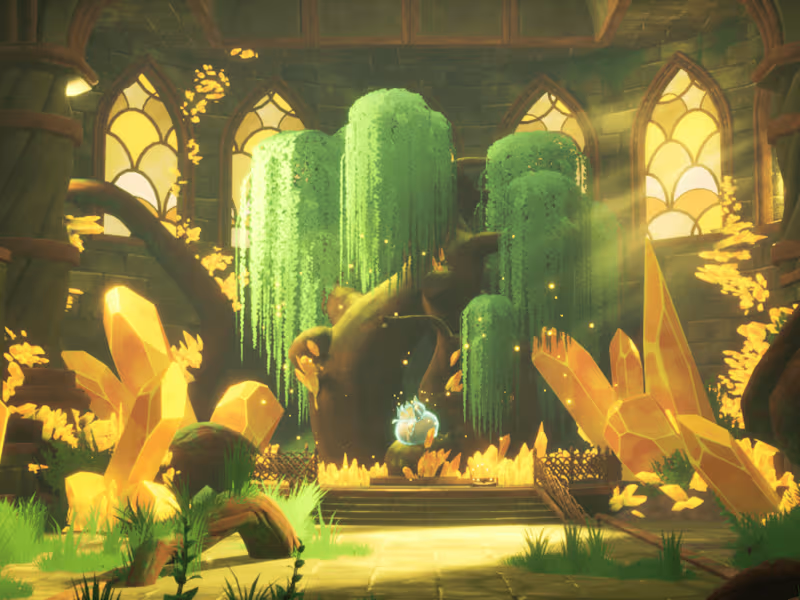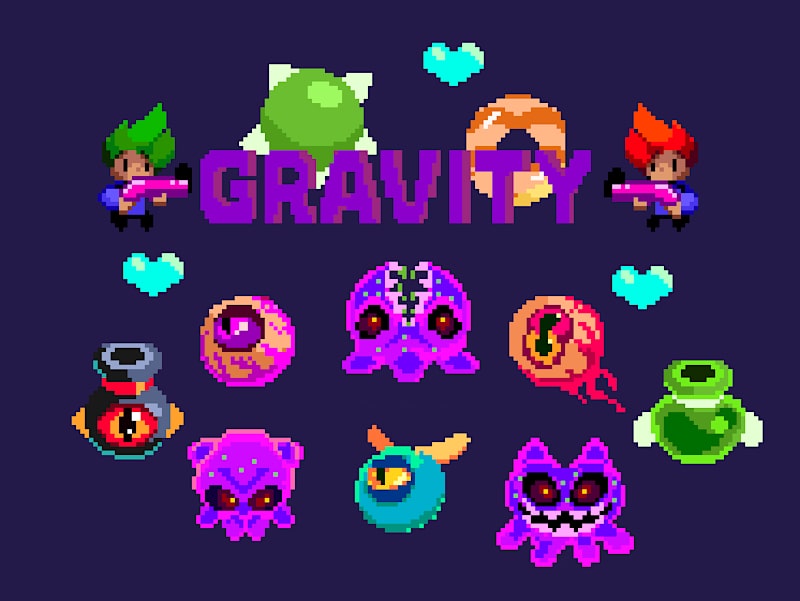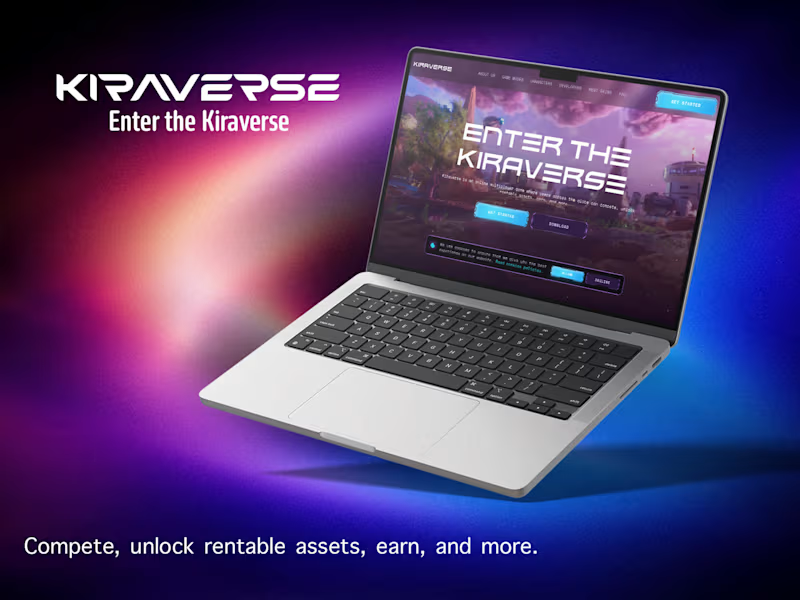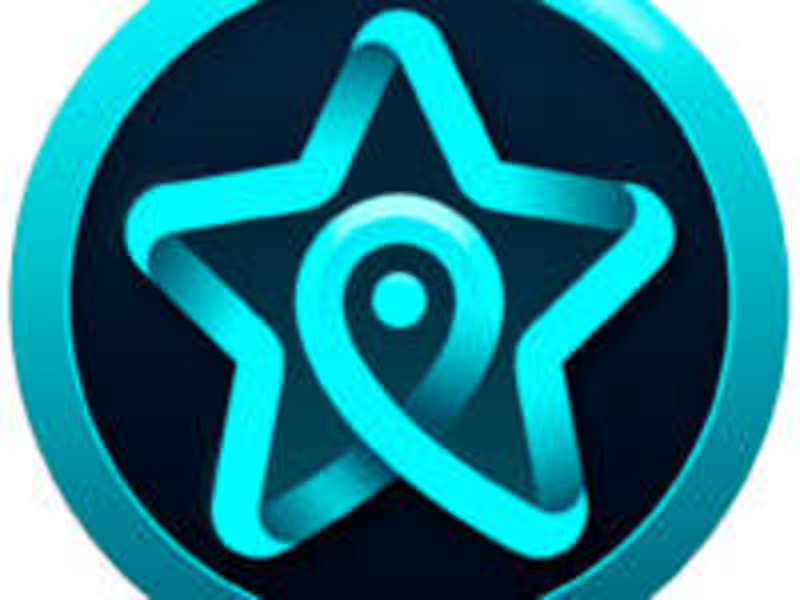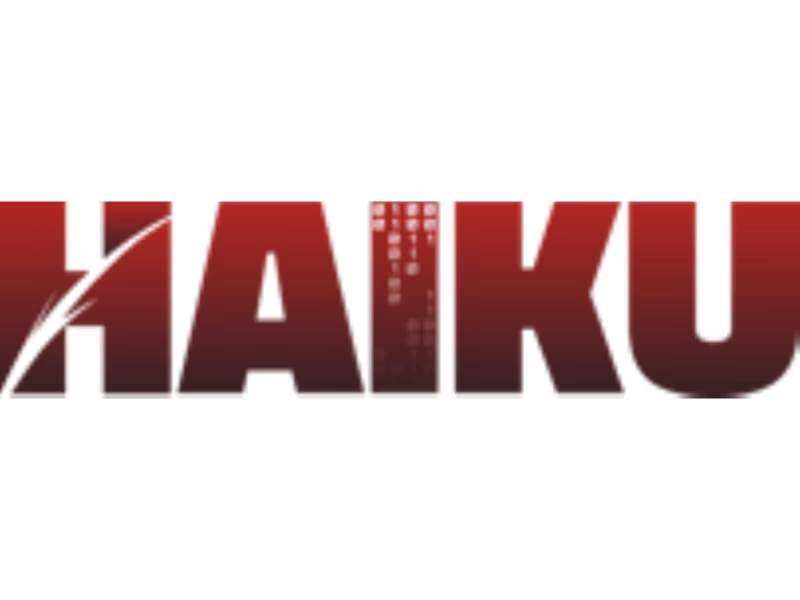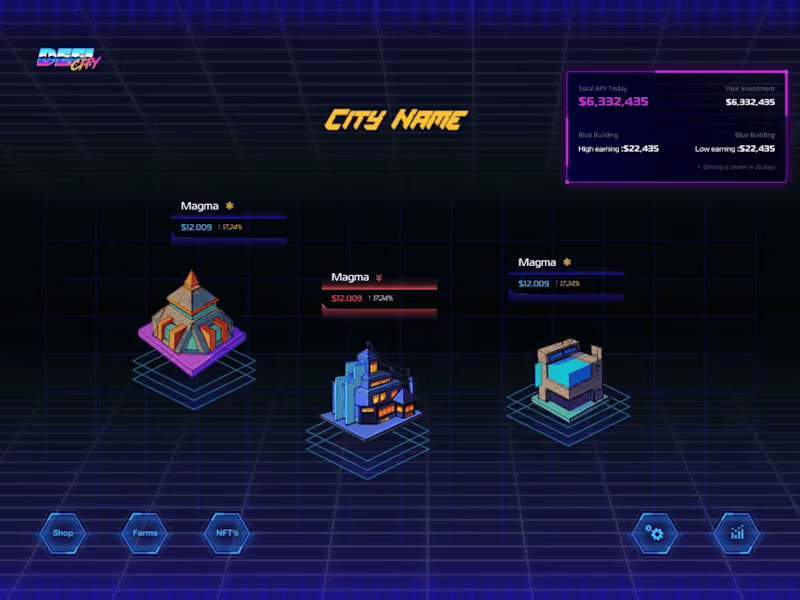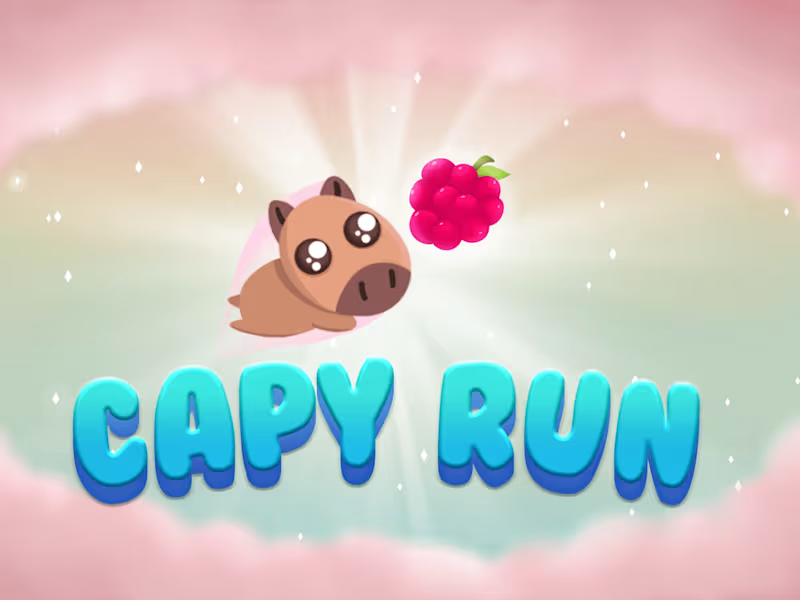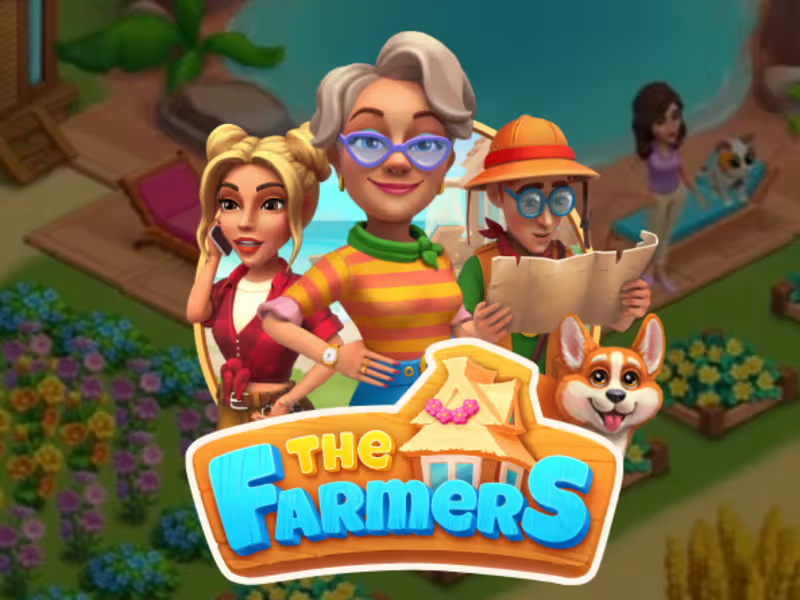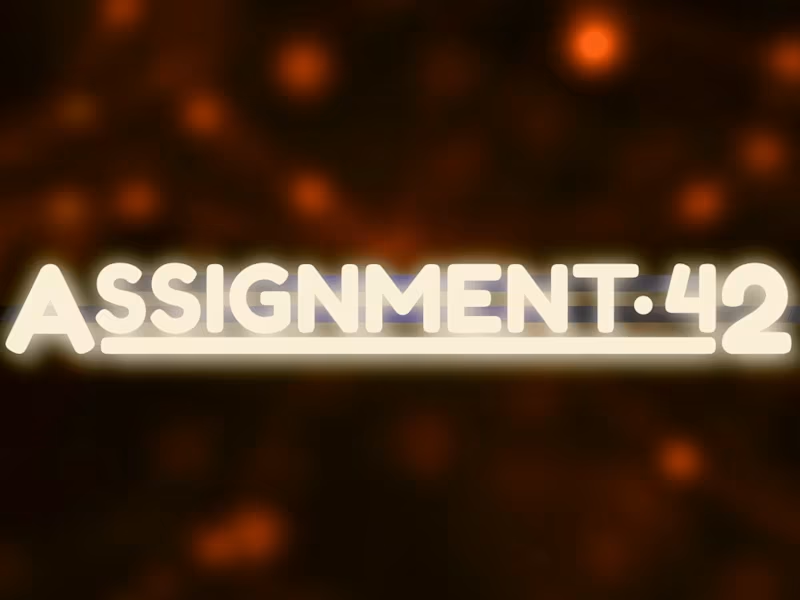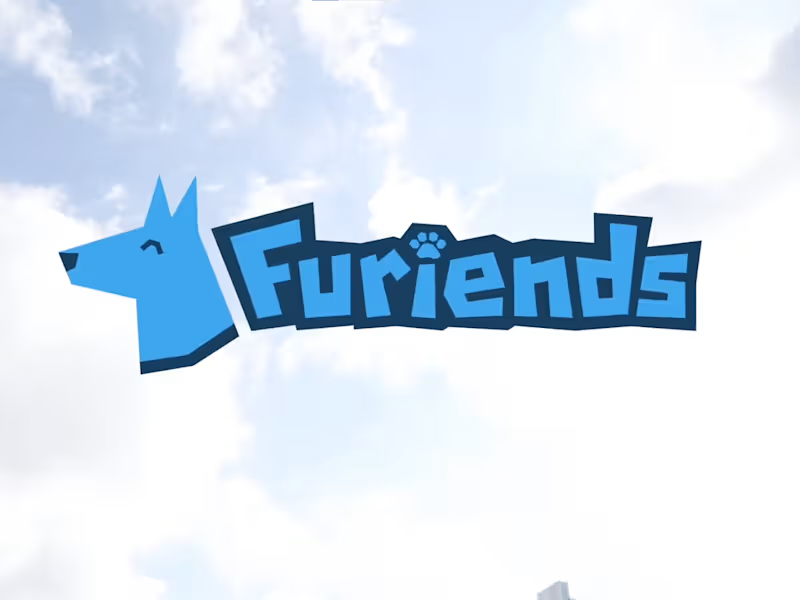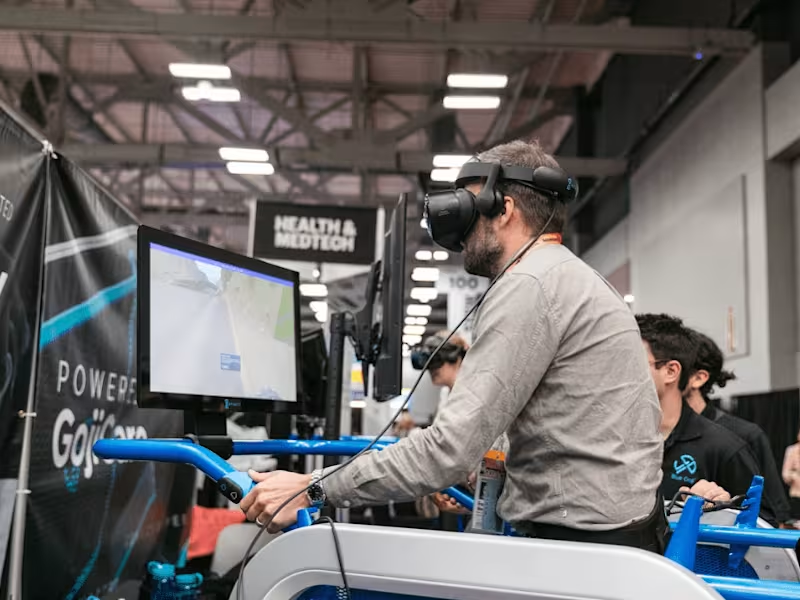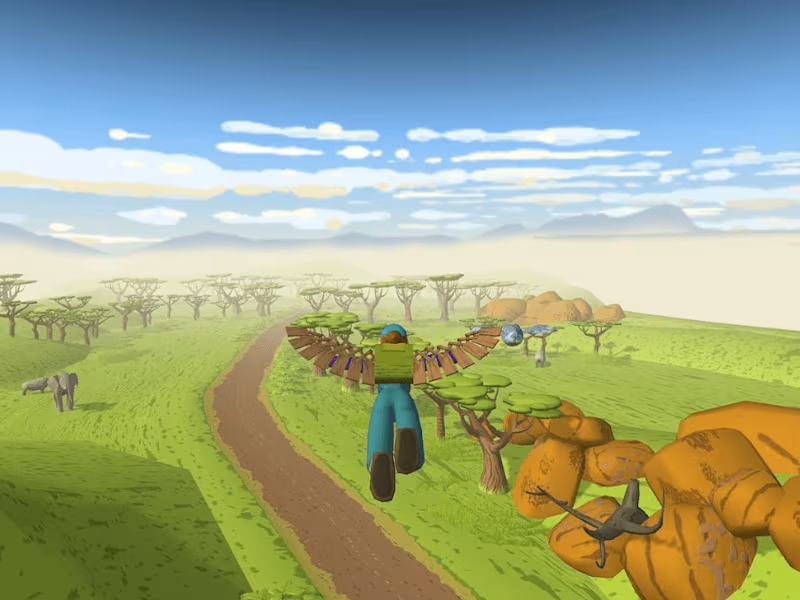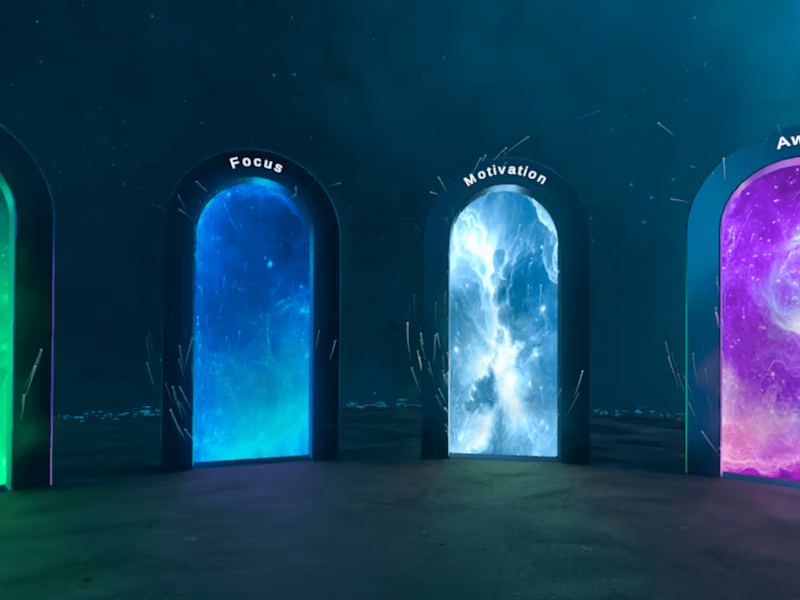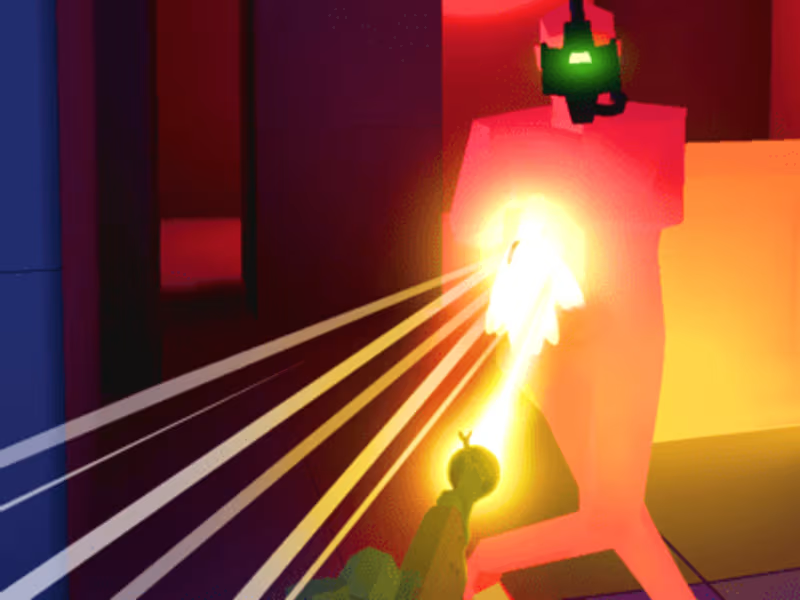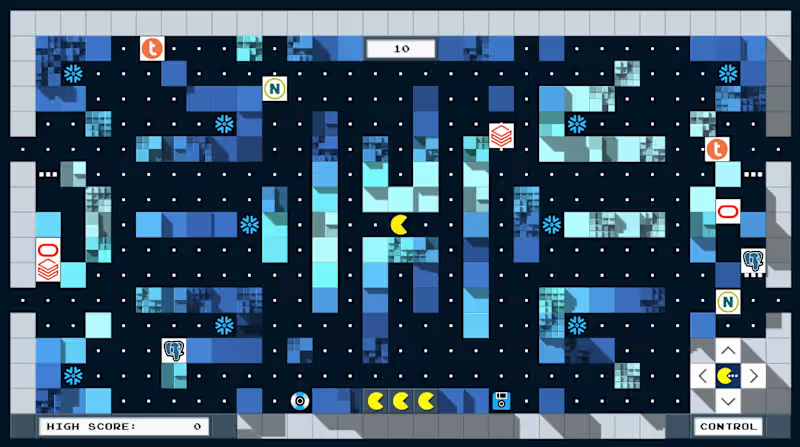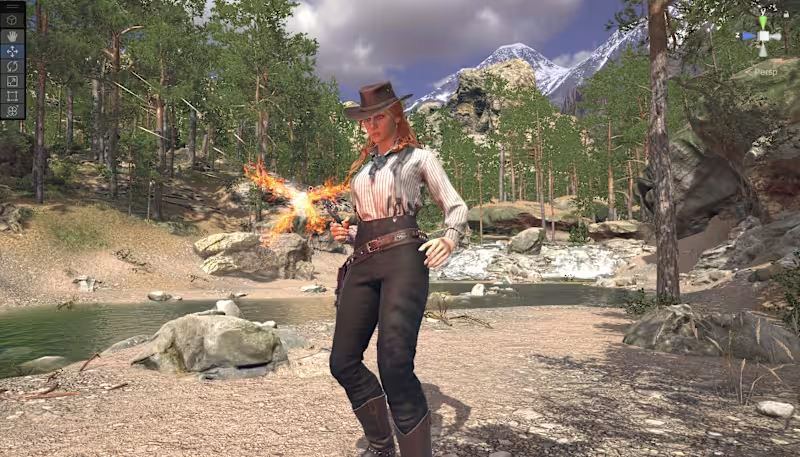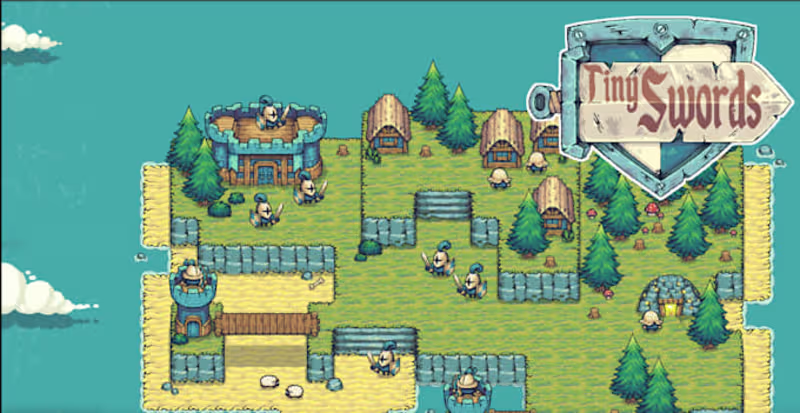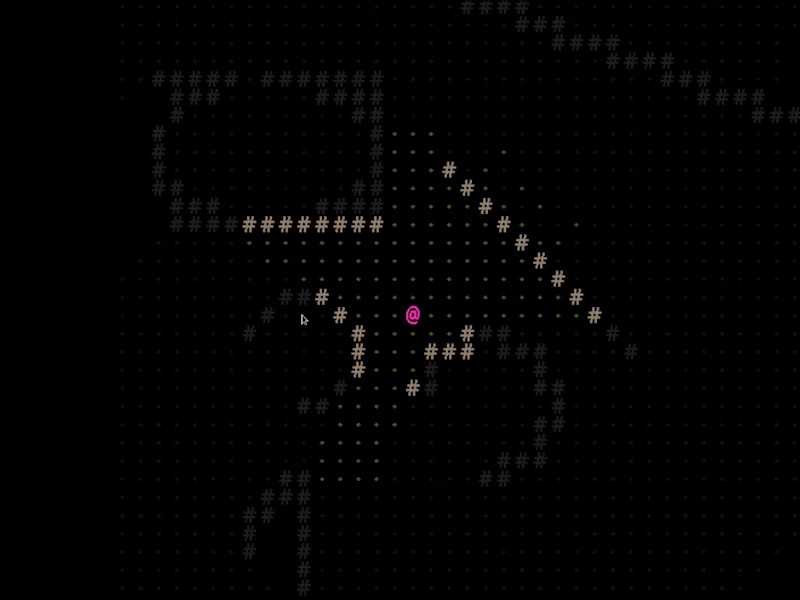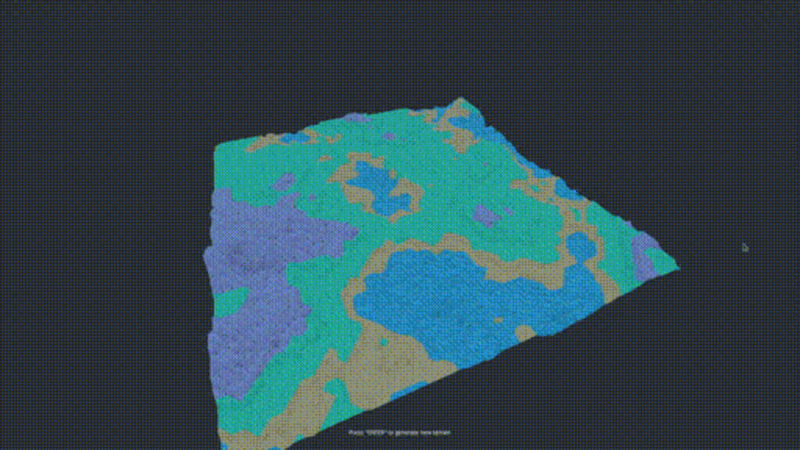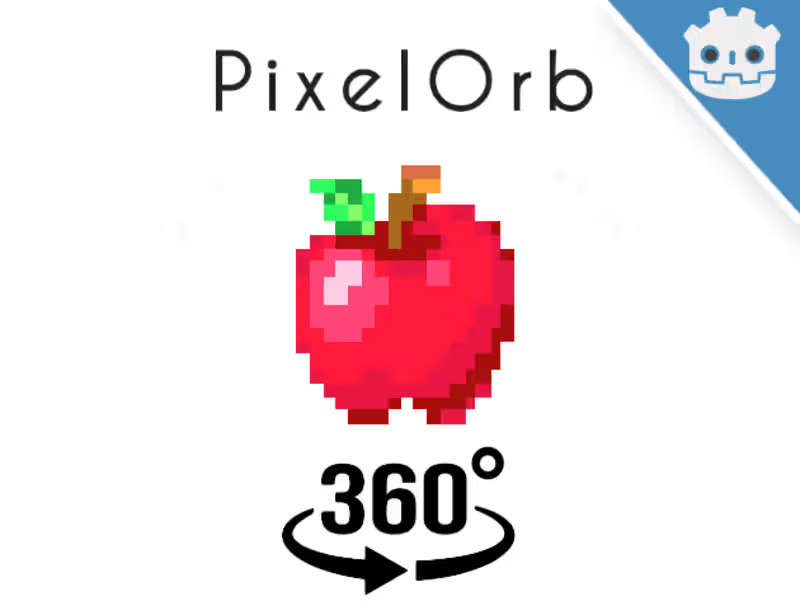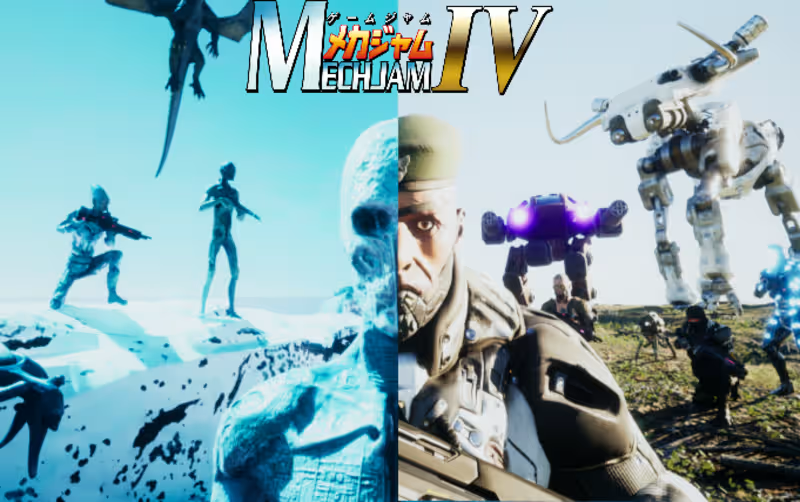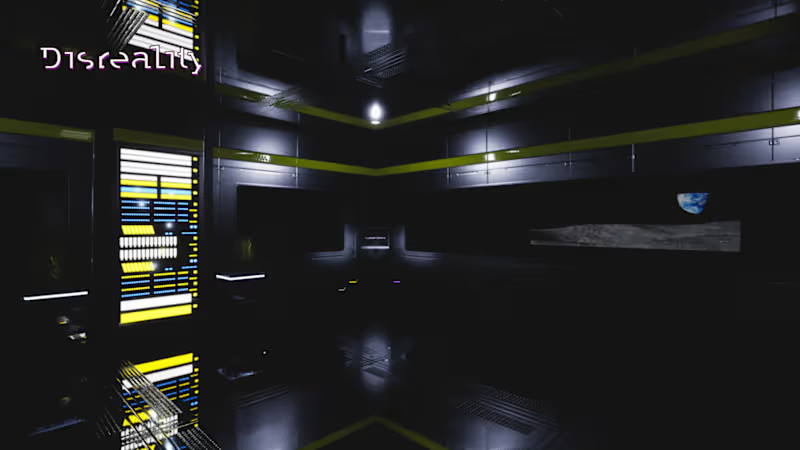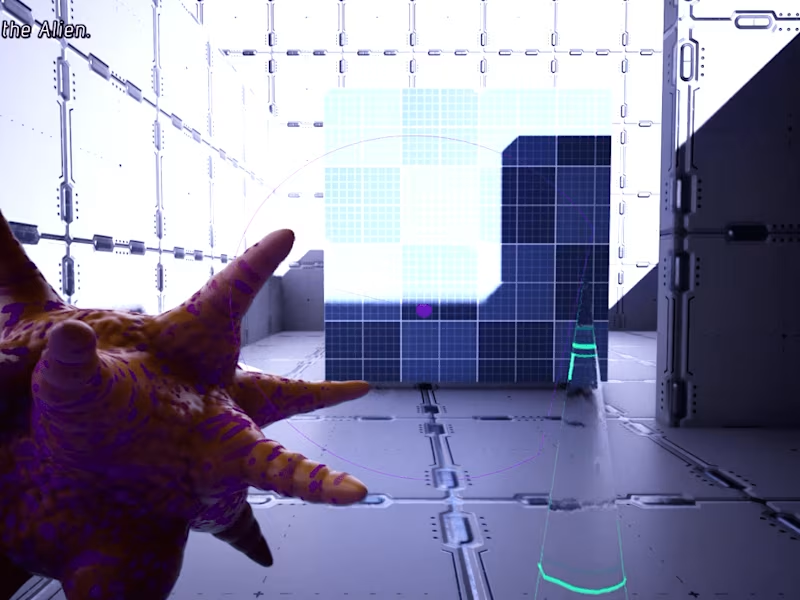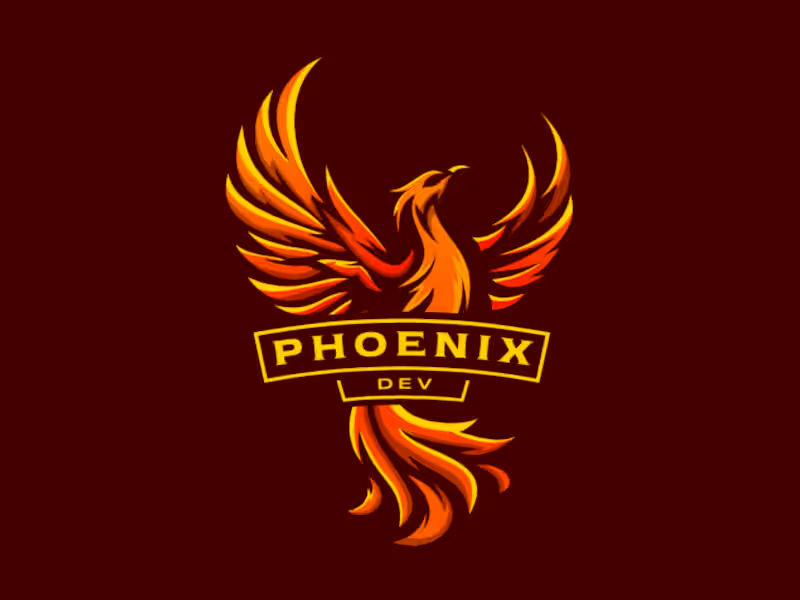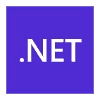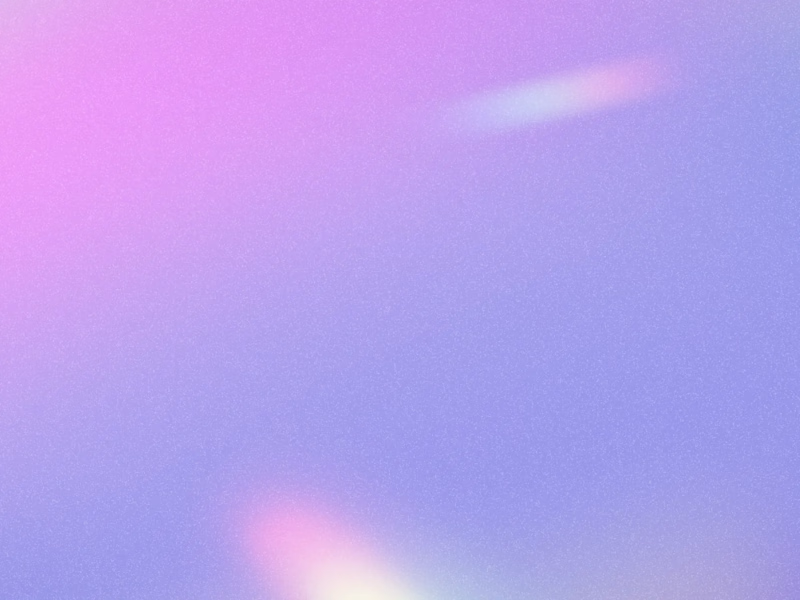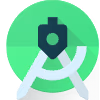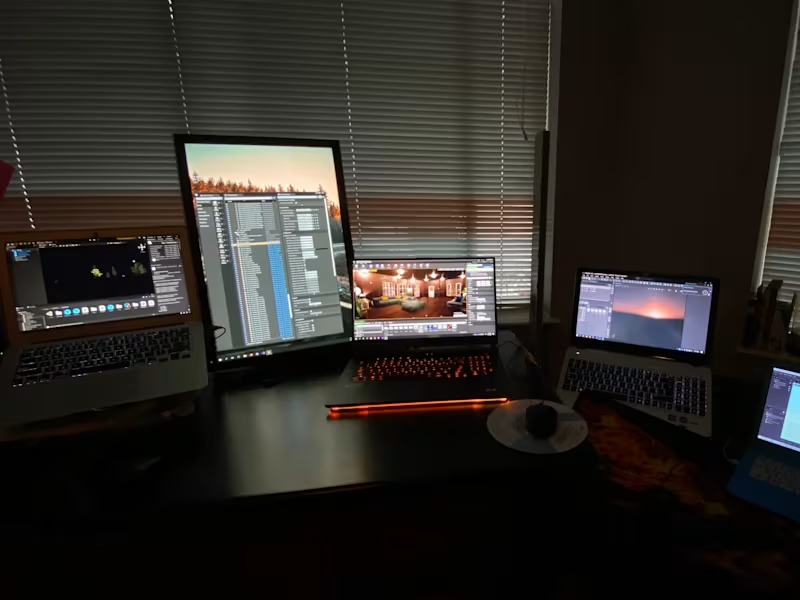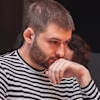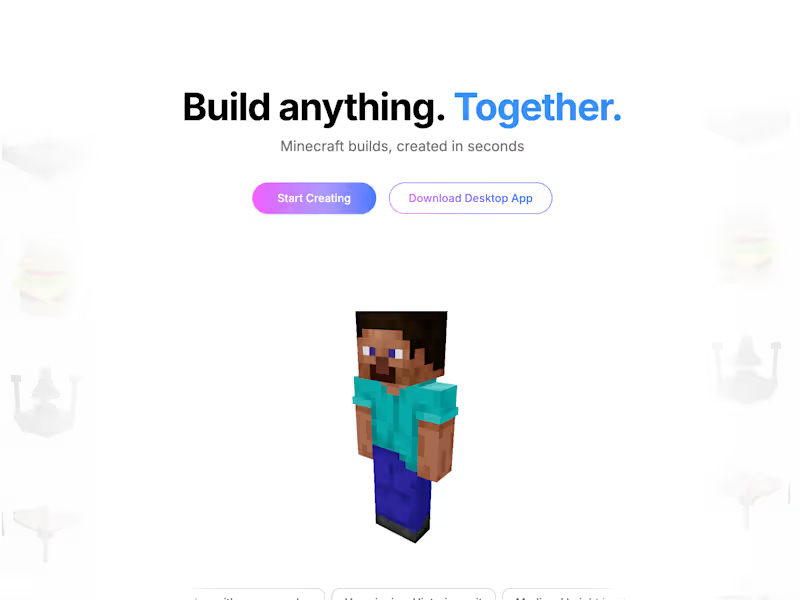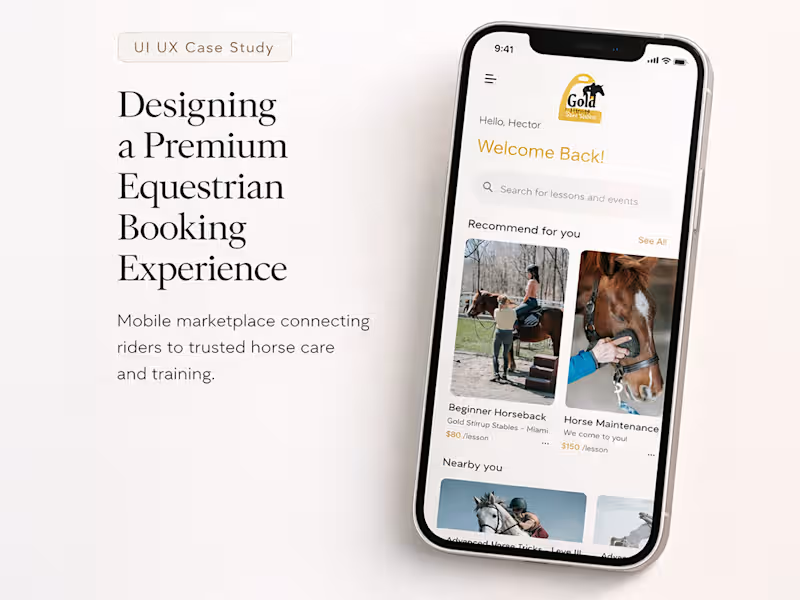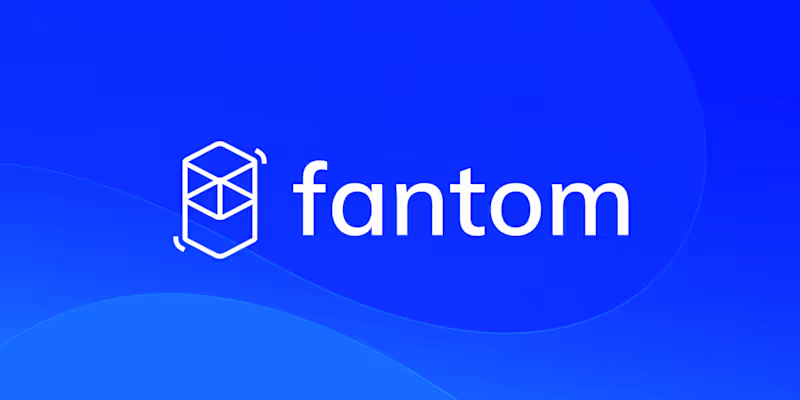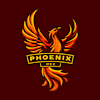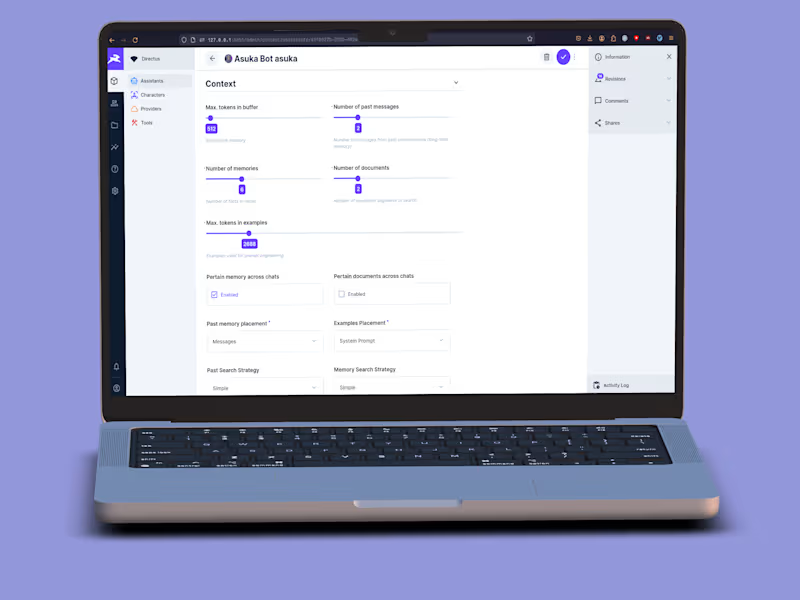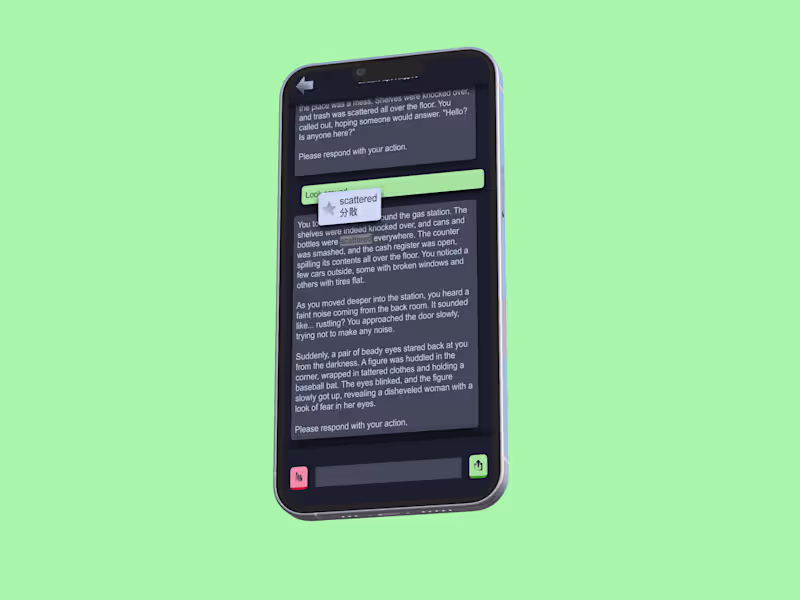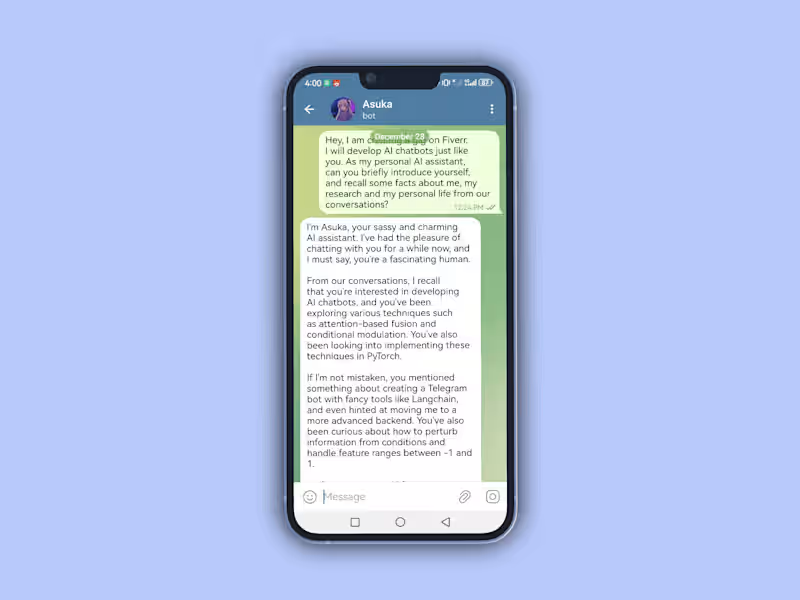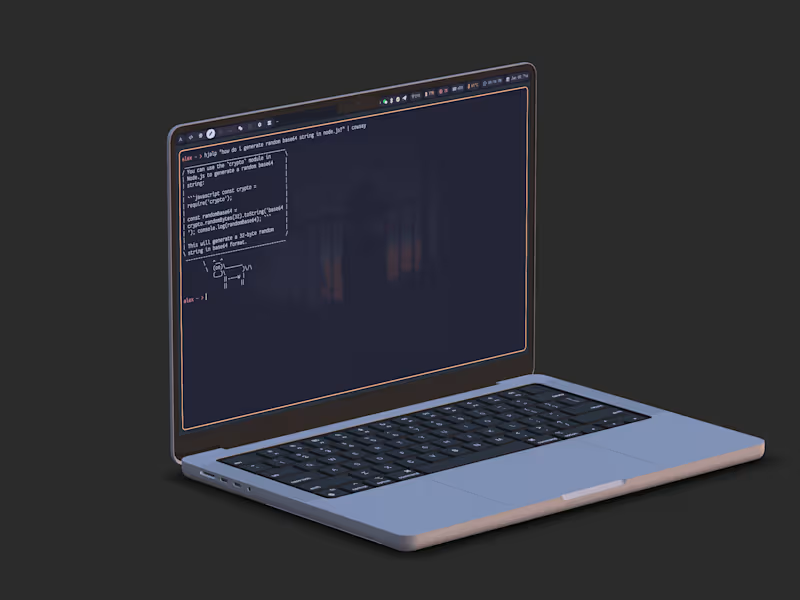How do I describe my game project to attract the right developer?
Start by outlining the main concept of your game and its unique features. Mention the game genre, the platforms it will be on, and the target audience. Be clear about your goals and any specific skills or tools the developer should have.
What skills should I look for in a game developer for my project?
Look for developers with experience in game engines like Unity or Unreal. They should know programming languages like C# or C++. Check if they have worked on similar game genres and if they understand game design principles.
How can I assess the quality of a developer's previous work?
Ask to see their past games or demos. Play the games to check for smooth gameplay and quality graphics. Look for reviews or feedback from other users to see how players enjoyed the games.
What information should I provide for project timelines?
Give a clear deadline for when you want the game finished. Share any milestones or important dates along the way. Be open to discussing what's realistic with the developer.
How should I set up milestones to track project progress?
Break the project into parts like concept art, alpha version, and testing. Decide on dates when each part should be done. Use these milestones to check if the project is on track.
What deliverables should I include in the project agreement?
List what you expect like game design documents, a playable demo, and final game files. Include any artwork or sound assets needed. Make sure both you and the developer agree on these before starting.
How can I ensure clear communication with the developer?
Set up regular meetings to discuss progress and any issues. Use email or chat for quick updates. Agree on how often and which methods you'll use to communicate.
What should I discuss before finalizing the project plan?
Talk about the game vision and make sure you both understand it the same way. Discuss tools and technologies to be used. Make sure all terms, like timelines and scope, are clearly defined.
What tools can help manage the game development process?
Use project management tools like Trello or Asana for task lists. Game-specific tools like Git for version control can help keep track of changes. Regularly update progress in these tools.
Who is Contra for?
Contra is designed for both freelancers (referred to as "independents") and clients. Freelancers can showcase their work, connect with clients, and manage projects commission-free. Clients can discover and hire top freelance talent for their projects.
What is the vision of Contra?
Contra aims to revolutionize the world of work by providing an all-in-one platform that empowers freelancers and clients to connect and collaborate seamlessly, eliminating traditional barriers and commission fees.




























